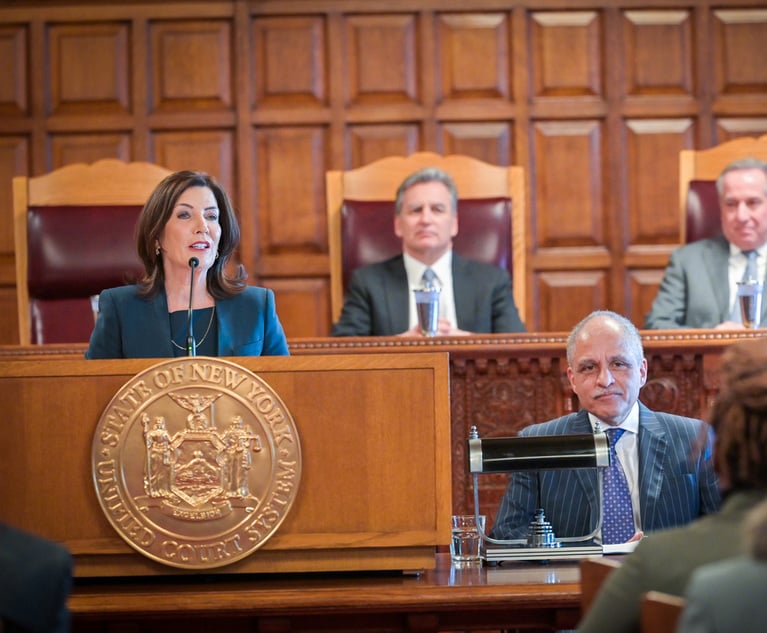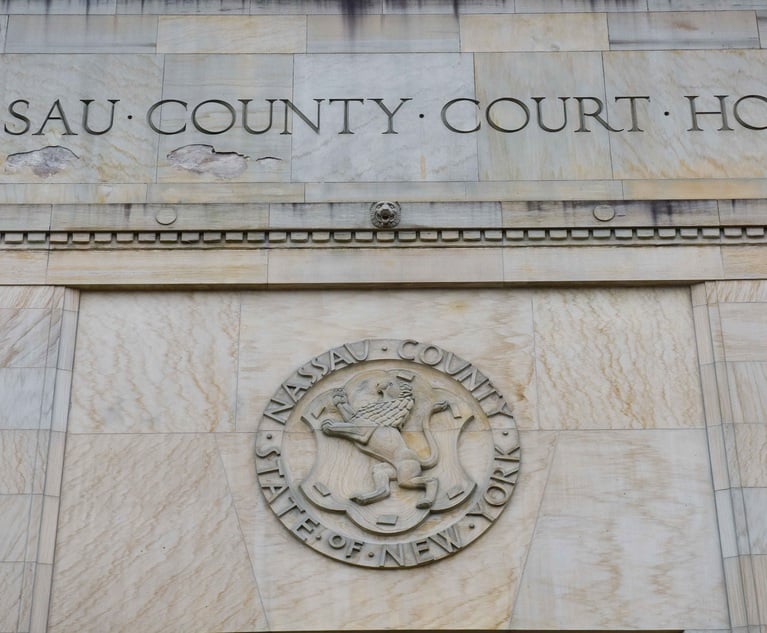The development at 200 Amsterdam Ave. in Manhattan is slated to be the tallest building on the Upper West Side, with its 51 stories rivaling the skyscrapers located further downtown.
But whether this will ever happen has now become questionable, after a state court ruling that found city officials were wrong to follow an interpretation of city zoning law used by the developer to achieve the project’s awesome height.


 New York City. Photo: Shutterstock
New York City. Photo: Shutterstock





